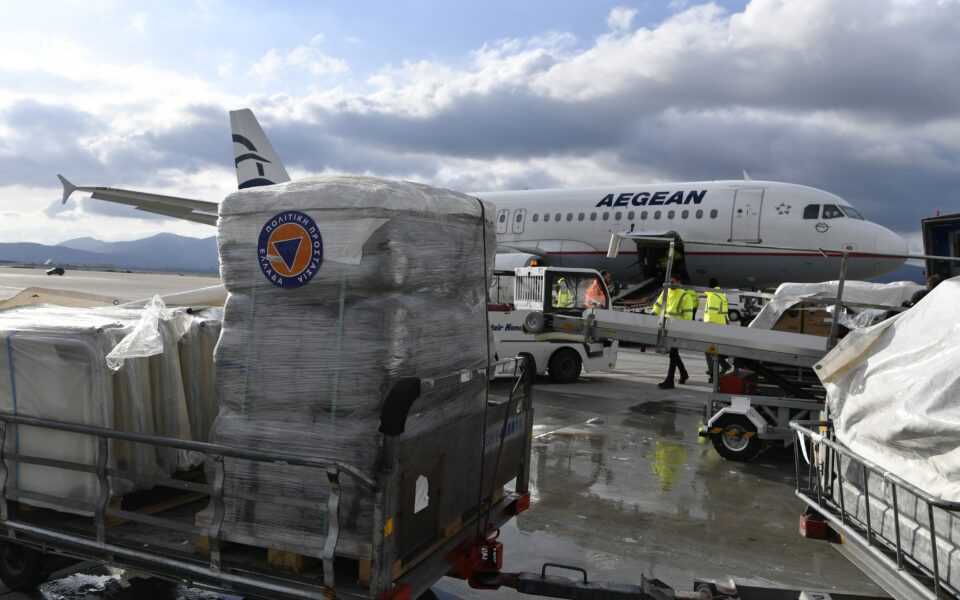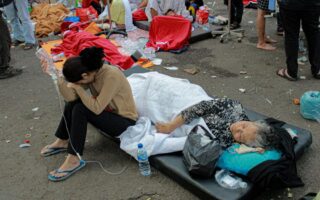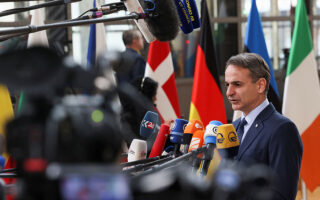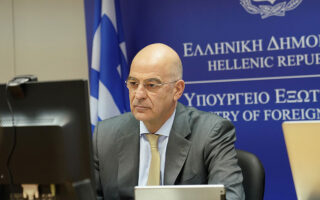New perspective in Greece-Turkey relations

The devastating earthquake in southern Turkey has introduced a a new element for Athens in its short-term management of Greek-Turkish relations.
Turkish President Recep Tayyip Erdogan has been forced to focus his attention on the domestic front which has led to a de facto easing of tensions, especially on the rhetorical level, albeit without taking the issues that have been raised by Ankara in recent years off the table.
When news of the quake became known, Athens reacted swiftly, as it did with the war in Ukraine, when Greece was among the first countries to send Kyiv ammunition and RPG launchers.
The government wanted to wanted to show both Ankara and its Western partners that in the face of a humanitarian crisis, differences are put aside.
This was apparent in Brussels when Prime Minister Kyriakos Mitsotakis led the the calls on the need to further support Turkey with European aid. Greece’s role was also recognized by German Chancellor Olaf Scholz, who spoke positively about the communication between Athens and Ankara and the aid sent so far.
After a period in which the primary narrative propagated by the Erdogan government was that Athens was developing anti-Turkish scenarios, the praise regarding the contribution of the Greek EMAK rescue team established favorable associations for Greece in both domestic and international Turkish media.
Yet no one in Athens is under any illusions about long-term Greek-Turkish relations.
Firstly, it is still too early to assess how Erdogan will react in the runup to the May 14 elections. A first question is whether they will actually take place then.
A second consideration is how he will manage this catastrophe of gargantuan proportions at home. In the event that, as competent sources have said, he manages to get the economy up and running quickly, because of the need to build entire cities quickly, this may help to bring about a return to some form of growth as jobs will be created, even in the devastated areas.
If crisis management proves impossible and domestic pressure increases, which is not unlikely for the vast majority of countries in such circumstances, the same sources do not rule out Erdogan’s return to the “external enemy” – i.e Greece – and a return to an atmosphere of electoral polarization.





